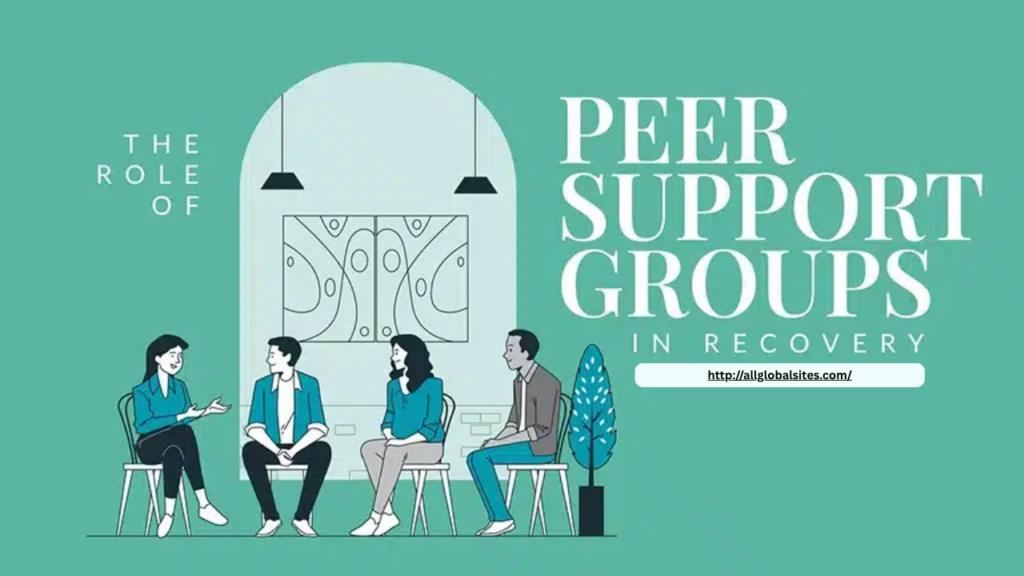
Addiction thrives in isolation, but recovery flourishes in connection. One of the most transformative aspects of residential rehabilitation is the sense of community it creates. While medical care and therapy are essential components of treatment, peer support plays an equally powerful role in healing. In a residential rehab setting, individuals find more than just treatment—they find understanding, encouragement, and connection with others walking the same path.
Why Peer Support Matters in Recovery
Addiction often disconnects people from their loved ones, careers, and sense of self. Many who struggle with substance use feel shame, guilt, and loneliness. Peer support helps bridge that emotional gap by surrounding individuals with others who truly understand their struggles—not because they’ve studied them, but because they’ve lived them.
When people share their experiences in a safe and supportive environment, it breaks down the walls of isolation. They realize they are not alone in their pain, and this realization can be profoundly healing. In residential rehab, this kind of connection isn’t limited to an hour of group therapy—it’s built into everyday life.
Living and Healing Together
One of the unique advantages of residential treatment is that clients live together in a structured, substance-free environment. This shared living situation creates natural opportunities for peer bonding. From eating meals together to participating in therapy sessions and recreational activities, individuals spend their days supporting, encouraging, and learning from one another.
This constant proximity allows for the development of authentic relationships, which are often missing from the lives of those in active addiction. For many, it’s the first time in a long while that they’ve felt seen, heard, and accepted without judgment.
Accountability and Encouragement
Peer support also fosters accountability. In residential rehab, individuals are not just responsible to themselves—they’re part of a community. When someone is having a difficult day, peers are often the first to notice and step in with empathy or advice. Likewise, celebrating each other’s milestones reinforces a positive group culture where progress is acknowledged and sobriety is respected.
Encouragement from those who have been in similar situations often resonates more deeply than guidance from professionals alone. Knowing that others have faced the same obstacles and made it through can instill a powerful sense of hope.
Learning Through Shared Experience
Everyone in recovery brings a unique story, and each of those stories has value. In group settings and informal conversations, individuals can learn from others’ mistakes and successes. They may discover new coping skills, hear insights that change their perspective, or feel inspired by someone else’s resilience. These shared experiences create a rich, supportive learning environment that deepens the recovery process.
Building Lasting Connections
The relationships formed in residential rehab often extend beyond treatment. Many facilities encourage alumni programs or support networks that keep individuals connected after they leave. These continued peer relationships serve as a lifeline during times of struggle and a reminder that they are part of a community committed to healing.
Conclusion
Community and connection are at the heart of lasting recovery. In residential rehab, peer support provides a powerful foundation for healing by offering understanding, accountability, and hope. When individuals feel connected to others who share their journey, they gain the strength and confidence needed to move forward—and stay sober for the long term.